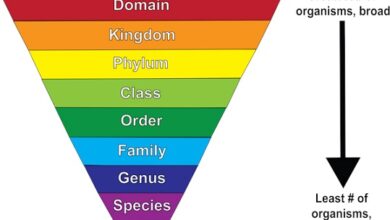What is Antinomy meaning in philosophy
Antinomy meaning
Contradiction , real or apparent opposition between two laws, principles, ideas, words, phenomena, among others, is known as antinomy . The word antinomy is of Greek origin “antinomia” , formed by the prefix “anti-“ which means ” against” , “nomos” which expresses “laws” , and the suffix “-ia” which means “quality”.
The legal or legal antinomy , is observed by the contradiction of two laws, and this occurs when two legal norms impute the same legal assumption, achieving the same scope of applicability, and representing a problem of efficiency and legal certainty in the legal system. from that country.
In the case of a lawyer finding himself in the situation of an antinomy, the rules or principles that must be applied to resolve said contradiction are:
- Lex superior, two contradictory norms of different hierarchies, the superior must prevail.
- Lex posterior, the subsequent law prevails over the enacted earlier.
- Lex specialis, as its name indicates, a specific law prevails over a general rule.
It is noteworthy that in the Mexican Legal System the procedure to resolve the antinomy is through an Amparo Trial.
For its part, the constitutional antinomy is a contradiction between the norms that are part of the Constitution of a country.
The antinomies can be total-total, that is, both bodies of the two norms present a contradiction; total – partial, the complete body of a norm presents incompatibility with a part of the other norm, and finally, partial – partial, it is characterized because both norms present disagreement in a part of their context.
The antinomy is classified as a kind of paradox , being seen as synonyms, because both present a contradiction between ideas. The paradox is characterized by using expressions that contain a contradiction, for example: it is a paradox that he is so hot and always goes to the beach.
Synonyms of antinomy are antithesis, contrast, contradiction, incompatibility, disagreement.
antinomy in philosophy
For Kantian philosophy, antinomy means the conflict between the laws of pure reason, the contradictions to which it is exposed when it tries to solve the four fundamental problems of rational cosmology: is the world limited in its space and time? Is the world divisible into simple parts or is it infinitely divisible? Am I free in my actions or, like other beings, are they driven by destiny? Finally, is there a supreme thing in the world or are the things of nature and the order of these things the last object where our inquiries must end?
The above are the four issues, whose pro and against can be supported with arguments of equal strength, which constitutes the four antinomies of pure reason. Each antinomy is made up of thesis and antithesis, the first two being mathematical antinomies, and the other two being dynamic.



